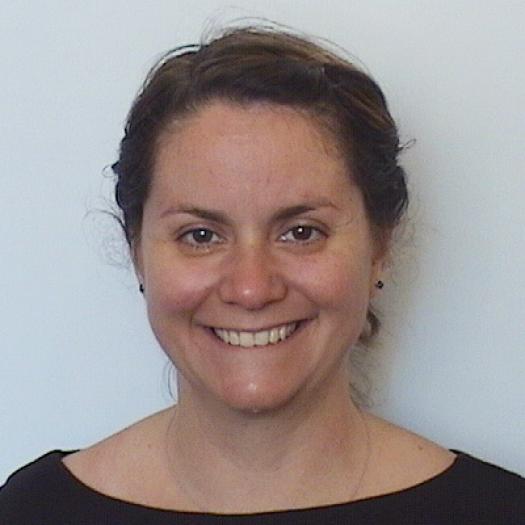Health Professions Education
Please note that as of Fall 2023, the PhD program in Health Professions Education is not accepting applications at this time.
The PhD in Health Professions Education at Simmons University develops educators who design, lead and evaluate evidence-based instructional and curriculum innovation within a variety of health professions learning contexts.

Simmons University has been a national leader in health professions education for over two decades.
The mission of Simmons' Doctor of Philosophy (PhD) in Health Professions Education program is to empower a new generation of transformative educators, and to build the growing body of research informing best practices in education across the healthcare continuum.
Our guiding values are creativity, curiosity, respect, perseverance, a commitment to social justice, and outstanding scholarship.
Why study Health Professions Education?
Our PhD in Health Professions Education is designed for clinicians seeking to become skilled educators in their fields.
Our students include nurses, nutrition professionals, pharmacists, physician assistants, genetic counselors, occupational, physical, and speech therapists, public health practitioners, social workers, athletic trainers, radiologists, doctors, and surgical technicians. You'll conduct original research to inform best practices in learning and teaching, debate issues and trends in higher education, learn the principles of teaching strategies and conceptualize the values and ethical systems of the health professional.
What will you learn?
Doctoral experience is essential for the advancement of academic and professional educators. Simmons' PhD in Health Professions Education is a 48-credit program (including prerequisite CAGS credits) culminating in an original research project as part of a dissertation.
PhD coursework is typically completed in 3 years followed by a rigorous research project preparing you to work in higher education and in professional education programs in healthcare.
Recent dissertation topics
- The effect of an educational intervention on knowledge of obesity and weight bias in dietetic interns: a mixed methods analysis
- Compassion as an influence in the work of healthcare professionals
- Diversifying genetic counseling: experiences of students who identify as racial or ethnic minorities
- Test-taking anxiety and its impact on healthcare professionals, quality of care and healthcare education
Learn more about Simmons' PhD in Health Professions Education!
Our program director would be happy to answer your questions, or request more information today!




